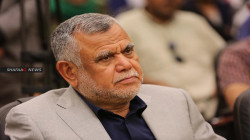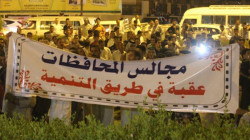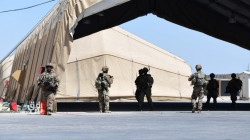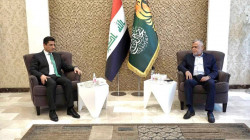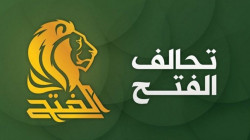Al-Fatah Alliance affirms Al-Sadr's prominent role in the political process
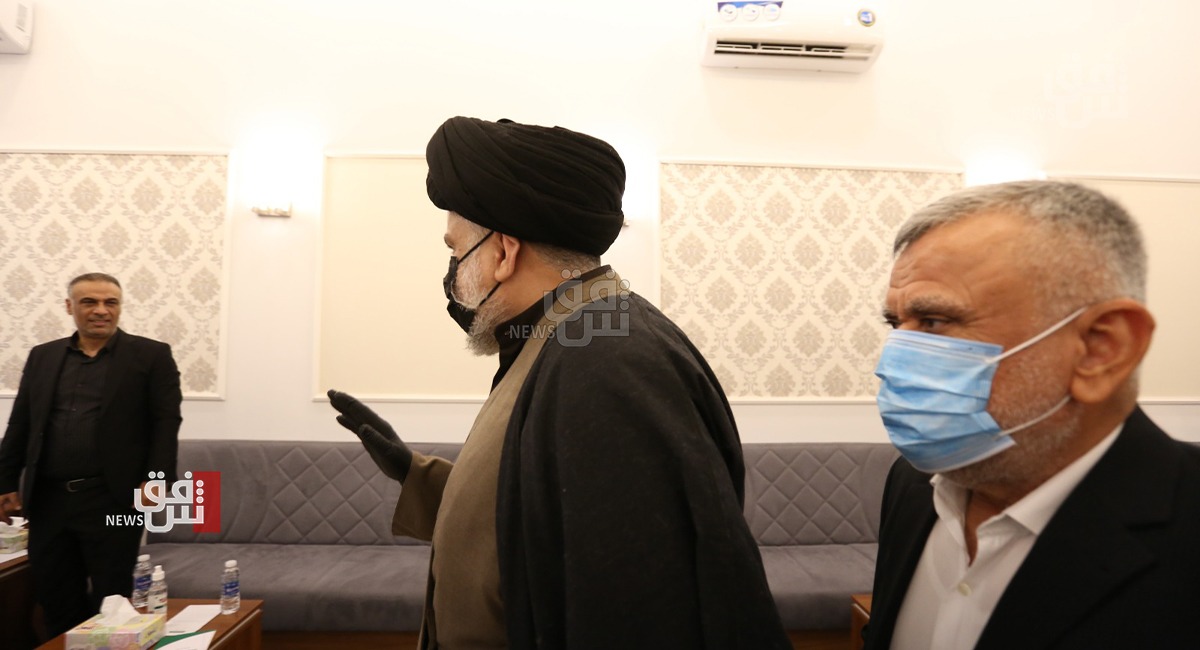
Shafaq News/ The head of the Al-Fateh Parliamentary Bloc, Abbas Al-Zamili, confirmed the Bloc's position regarding Muqtada Al-Sadr's role in political life.
"The leader of the Al-Fateh Alliance, Hadi Al-Amiri, has sought to solve the political crisis... it is impossible to form the new government without the Sadrist that represents the largest bloc winning the elections," Al-Zamili told Shafaq News Agency.
He revealed that leaders of Al-Fateh and the Sadrist met to overcome the deadlock, but there were no direct talks between Al-Ameri and Al-Sadr.
"We have to form a government In the coming days," expressing the Alliance's plan to include the Sadrist in the government program and cabinet.
Today, Iran-backed Coordination Framework has made a last-minute proposal to appease maverick populist leader Muqtada al-Sadr amid entire silence from the latter; a source revealed on the eve of a decisive meeting of the Iraqi parliament tomorrow, Thursday.
The Speaker's office said that Iraq's parliament would convene tomorrow for a session meant to elect a new president on Tuesday; however, divisions that have led to a year-long political deadlock may still obstruct progress.
Tomorrow's session follows a year since an Oct. 10, 2021, parliamentary election in which populist Shiite cleric Muqtada al-Sadr emerged as the biggest winner but failed to lobby enough support to form a government.
"Some of the Coordination Framework's parties have never given up on mending fences with the leader of the Sadrist movement. Efforts to initiate direct dialogue with al-Sadr have never ceased, but the latter refuses to engage in any negotiations," a source told Shafaq News Agency.
"Powerful sides in the Coordination Framework proposed replacing the Shiite consortium's candidate for the premiership, Mohammad Shia'a al-Sudani, by a figure al-Sadr approves, such as Jaafar al-Sadr, Qasem al-Araji, or Hamid al-Shatri. However, al-Sadr's response to this proposal was silence. As a result, his attitude toward tomorrow's vote remains an enigma," another source said.
Al-Sadr had withdrawn his 73 parliamentarians from the assembly and announced he would quit politics in August, prompting the worst violence in Baghdad for years when his loyalists stormed a government palace and fought rival Shiite groups, most of whom are backed by Iran and have heavily armed paramilitary wings.
Al-Sadr had initially sought to form a parliamentary majority by allying himself with Kurdish and Sunni parties, excluding his Iran-backed Shiite rivals.
The presidency is a largely ceremonial position, but the vote for a new president is a crucial step in the political process since the president invites the nominee of the largest parliamentary Bloc to form a government.
Under a power-sharing system designed to avoid sectarian or ethnic conflicts, Iraq's president is a Kurd, its prime minister a Shiite, and its parliament speaker a Sunni.
Disagreement among the main Kurdish parties that run the semi-autonomous Kurdistan region in northern Iraq has prevented the selection of a president.
The Patriotic Union of Kurdistan party (PUK) has held the presidency since 2003. Its rival, the Kurdistan Democratic Party (KDP), which claimed the most significant number of Kurdish votes by far, is insisting on its candidate.
